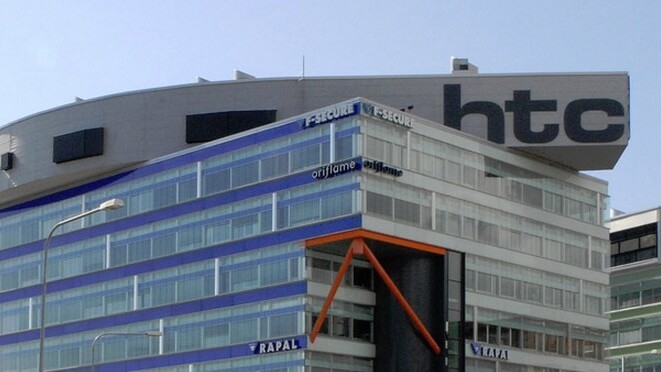
According to Bloomberg’s Dina Bass, HTC has halted plans to build and release a large Windows-RT based tablet. The company does intend to release smaller 7 inch device that will run on the same software.
Real talk: Large Windows RT devices might not make much sense. Windows RT is a stripped down version of Windows 8 that contains application restrictions; it runs on ARM processors and is generally a lower-power computing experience. All that makes it an odd fit for a large tablet.
If you buy a large, expensive tablet, you expect more of it than you might from a smaller, less pricey unit; thus Windows RT is a better fit for slighter form factors. Given that, HTC’s choice is anything but confusing. It’s perfectly logical.
Demand for Windows RT-based devices has been minimal, and all but nonexistent outside of the Surface RT, a device that Microsoft itself built. Microsoft hoped for more, but it isn’t surprising that sales have been slow: there are all but no Windows RT tablets to buy, and those that are available are too expensive.
As Bass noted:
Microsoft and its partners have released a total of five Windows RT devices since October. However only the company’s own Surface RT is widely available in stores, Tami Reller, chief financial officer of the Windows unit, said in an interview earlier this month.
Slow start aside, Microsoft has intentions to increase sales through the coming refresh of Windows 8, which will add support for 7 and 8 inch tablets. However, simply placing Windows 8.1 on a smaller screen with a lower price tag will not be enough to increase sales to a meaningful level; Microsoft must demonstrate that its small devices provide user value that exceeds the utility of similarly priced iPad Minis and Android devices. That’s a tall order.
For now, HTC is betting that things will get better. For Microsoft’s RT push, they couldn’t get much worse.
Top Image Credit: dalbera
Get the TNW newsletter
Get the most important tech news in your inbox each week.





